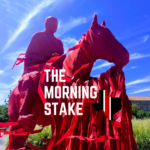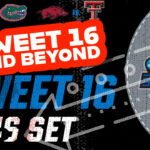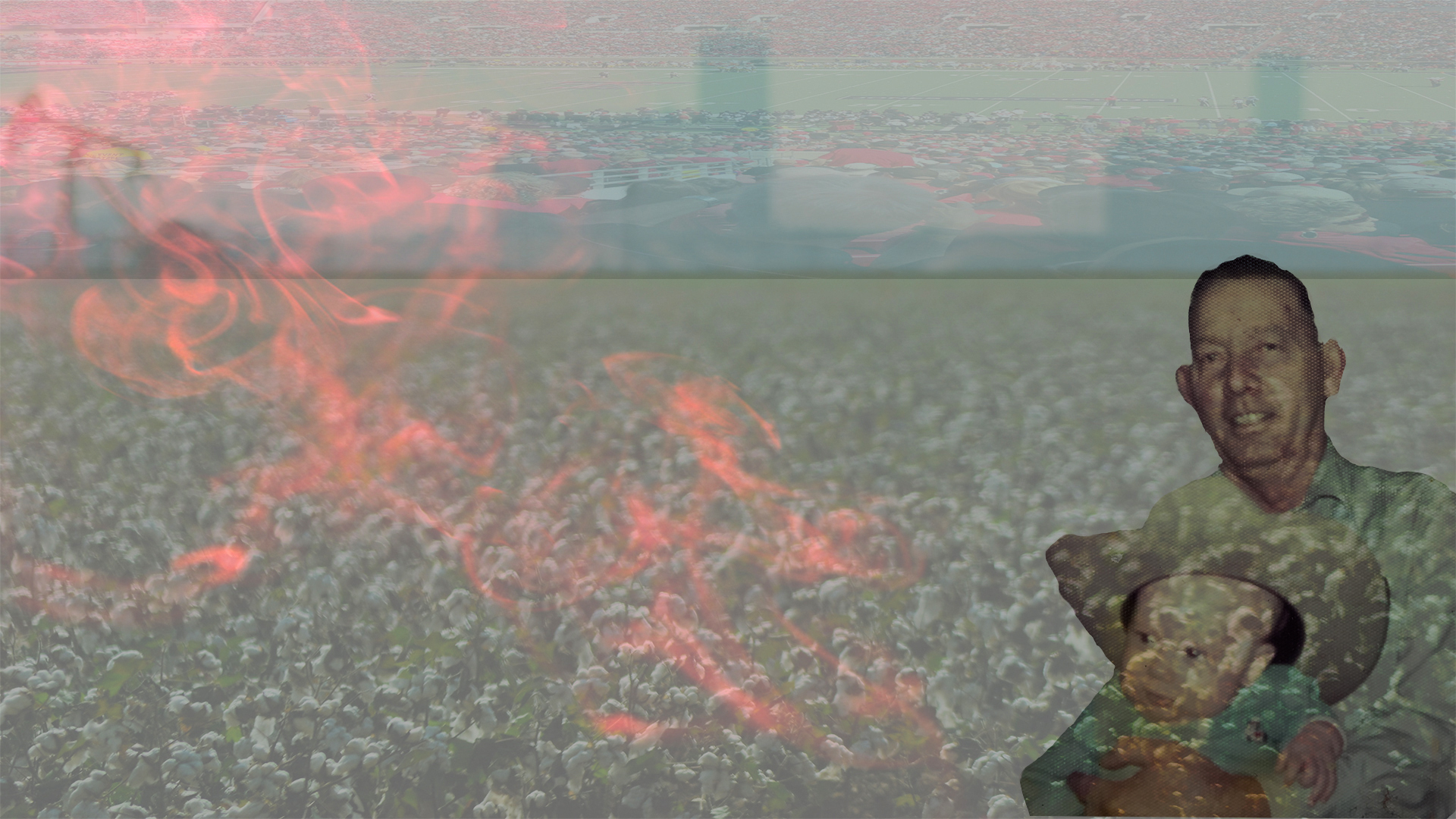Chapter 7
Jarrell sat alone in his chair and watched an obviously injured Pat Mahomes and his Red Raiders struggle against Kansas State on Saturday night. As is usually the case with Texas Tech, there were flashes of brilliance; occasional glimmers of hope. But in the end, despite the defense playing better than expected, Texas Tech lost. Again.
It is a pattern all too familiar to Jarrell and Red Raider fans everywhere. An offseason spent building up hope and expectation, only for it to all come crashing down under the weight of unmet promise and gaps in talent and coaching ability. On the South Plains, it is always the same thing: In October and November the local farmers harvest their cotton and Texas Tech breaks the hearts of its fans. Nothing ever changes here.
Disappointed, Jarrell clicked off the TV and lay down on the couch—his new bed since Evelyn got home. He wanted to allow her enough space to recover, and his constant jostling while lying beside her was painful, even if she wouldn’t admit it. She kept a bell by her bedside, and rang it whenever she needed help from Jarrell, which was, as to be expected, quite often. After a few minutes on the couch, Jarrell dozed off.
He dreamed of a simpler time, when he was a younger man and still farming the fields that surround the rock house. The cold, fall air chilled him as he climbed into the cab of the stripper and began his work for the day. Down the row and back again, careful to keep a straight line and maintaining an even speed to make sure the brushes stripped each boll cleanly from the plant. Once the basket was full, he’d unload the cotton into a module builder which would compact the cotton into what looked like giants loaves of white bread, stored in an area on the northeast side of his fields, until the large trucks could be loaded later in the fall and the crop’s harvest taken to the gin.
Later in the winter, once all the cotton was harvested, Jarrell would use his tractor to chop down the naked stalks and turn it under the soil. Then in the spring, he’d plant again, praying for rain–but not too much–and hoping the summer hail storms would stay away. And though there were mechanical improvements and tractor upgrades, nothing ever really changed. It was a man, his machine and that man’s ability to coax another crop from the soft, red, West Texas dirt. Down the row, and then back again. It was boring, repetitive and unchanging, but to Jarrell, it all made perfect sense.
In Jarrell’s dream, Emily was riding with him in the cab. She was still small enough to fit on his lap and could pretend to steer the giant, green machine. She enjoyed their Sunday mornings together in the fall and Jarrell enjoyed them too. “Go faster, daddy!” Emily said, but Jarrell calmly explained why he couldn’t. “We’ve got to make sure we get all the bolls from the stalks,” he told her. “See how straight the rows are, how everything is in order” he asked her. It’s beautiful, isn’t it?”
Then, suddenly, she was gone. Jarrell panicked. He stopped the stripper and jumped out of the cab, screaming her name. “EMILY!” he yelled. “Where are you?”
“Over here, daddy,” she said, weakly. Jarrell rushed to where she was lying, hundreds of yards away, confused as to how she’d gotten so far outside the rows. He had been careful, he was certain of it. Jarrell checked off tasks in his mind. “I was at the right speed, keeping it straight, watching the basket to make sure we weren’t overloaded,” he thought. “She was with me, on my lap, just like always.”
“Why are the rows so crooked, daddy,” Emily asked. “What do you mean?” Jarrell said.
“Look,” she pointed.
Jarrell looked back and to his surprise saw the straight rows of unpicked cotton he was so used to zigzagging wildly. Several patches were stripped bare while others were full of pristine bolls. Deep ruts in the dirt cut through the rows, making their perpendicular lines almost unrecognizable. Hell, it looked like someone had been doing donuts in the field. The sight confused Jarrell, but more than anything, it made him sad. It was the antithesis of everything he was: Straight and narrow; predictable; boring; routine. What he saw now behind him was anything but.
“Emily looked up at her distraught father from the soft dirt below. “Daddy,” she said. “Do you think I’m bad?”
Jarrell shuddered on the couch and woke in a cold sweat. He sat up and wiped the sleep from his eyes. It took a minute to focus, but he could soon see from the digital clock on the TV that it was almost 6am. And then he started to cry. He thought about Emily and Evelyn; Nacho and baby Reid. And he cried.
After a few minutes he stood, stretched his back and hobbled to the kitchen. His tired legs warmed and he could walk almost normally once he stepped onto the linoleum floor. With an empty, nauseating feeling in his belly, Jarrell made a pot of coffee and sat with his steaming cup on the porch to watch the West Texas sunrise. And though so much was changing around him, so much was the same. Same as it always was.









